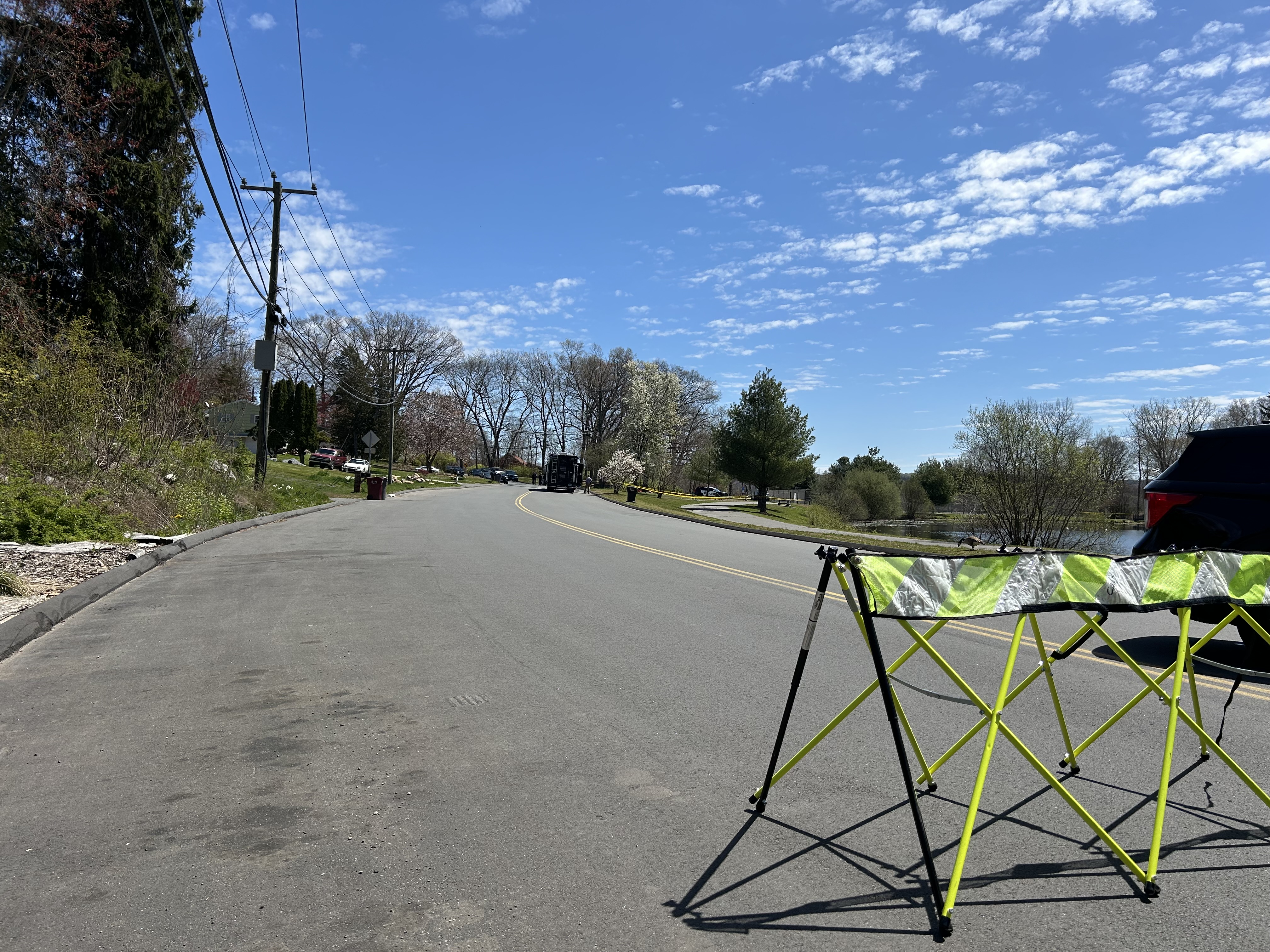Mosquitoes carrying the West Nile virus and eastern equine encephalitis (EEE) have been identified around the state, and the Dept. of Public Health has released a list of the 20 affected towns.
Since June 27, mosquitoes testing positive for West Nile have been discovered in the following towns:
- Branford
- Bridgeport
- Darien
- East Haven
- Fairfield
- Glastonbury
- Greenwich
- Groton
- Manchester
- New Haven
- Norwalk
- Plainfield
- Stafford
- Stamford
- Stratford
- Voluntown
- Wallingford
- Waterford
- Westport
This season, the most infected mosquitoes are concentrated in the Glastonbury area and in coastal towns from Greenwich to Branford, according to the Dept. of Public Health.
Human cases of West Nile have been reported in Stamford and Stratford. So far, only two people have been affected.
The affected Stratford resident is between 60 and 69 years old and was diagnosed in the last week of July.
The Stamford resident is between 80 and 89 years old and was diagnosed in the third week of August.
Both patients are recovering, according to the Dept. of Public Health.
Officials warn that infected mosquitoes will likely survive through the end of the month, and that the highest risk for contracting West Nile is from early August to mid-September.
Mosquitoes testing positive for EEE have been found in Hampton, Plainfield and Voluntown.
In August, several areas of the Pachaug State Forest in Voluntown were closed while officials from the state Dept. of Energy and Environmental Protection sprayed insecticide.
Parts of the forest will remain closed until at least Monday, according to the state DEEP.
No human cases of EEE have been reported in Connecticut this summer. The disease can be deadly if contracted, according to the Dept. of Public Health.
Officials say the best way to protect yourself against infection is to minimize the amount of time spent outdoors, especially at dawn and dusk, and to wear bug spray and long clothing when you do go outside.
For more information about the diseases and how to protect yourself, visit the Connecticut Mosquito Management Program website.



